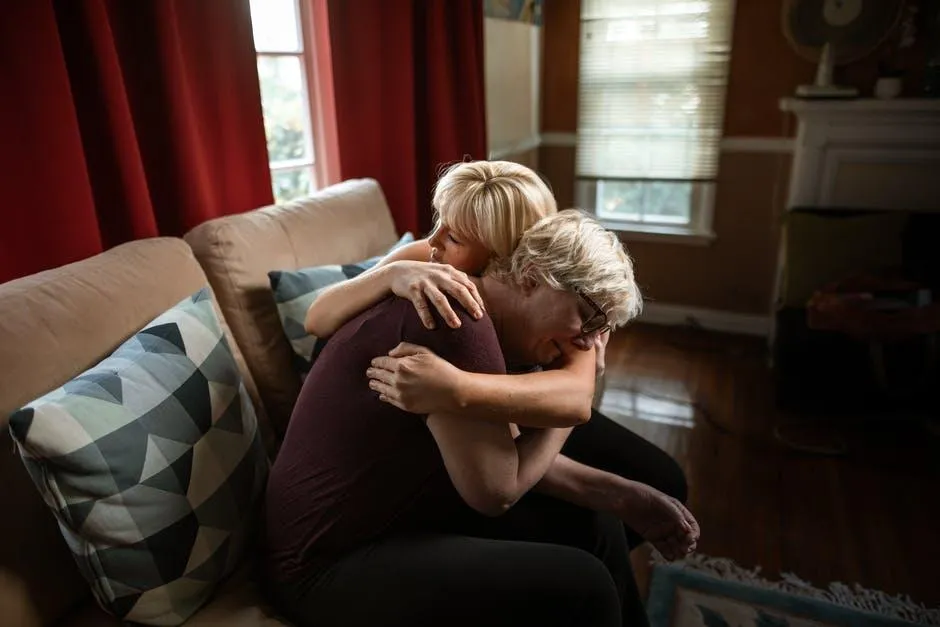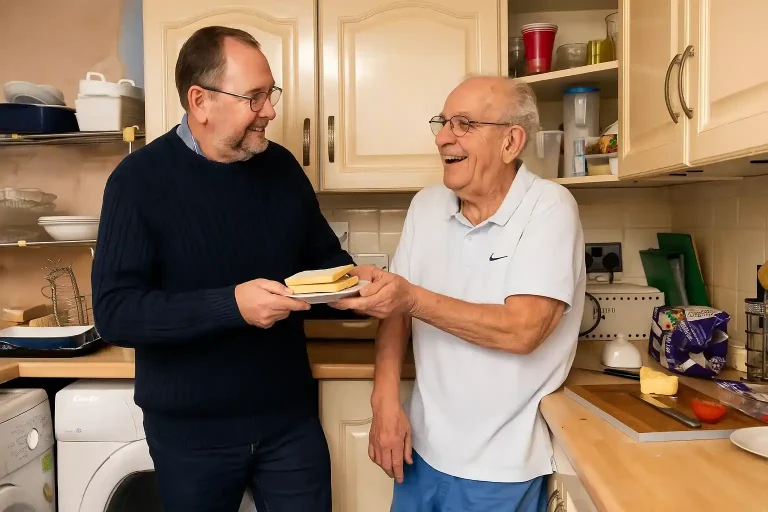Addressing Elder Abuse in Care Facilities: How Families Can Act Fast

Elder care facilities should be safe places where older adults are treated with kindness and respect. Sadly, abuse and neglect can still happen behind closed doors.
Families often feel shocked and helpless when they notice something is wrong. Acting quickly can protect loved ones from further harm. By knowing the signs of abuse and the steps to take, families can respond with confidence and keep their elders safe.
Understanding Elder Abuse in Care Facilities
Elder abuse in care facilities refers to any action or lack of action that causes harm to residents. This can include physical injuries from rough handling, emotional harm from verbal threats, or neglect when basic needs are ignored. Abuse can also be financial, where staff members exploit a resident for money or valuables.
Recognizing that abuse is not limited to physical harm is important. Neglect, poor hygiene, unexplained weight loss, and withdrawal from social activities may all point to deeper problems in the facility. Families need to stay alert because abuse often happens behind closed doors.
The Importance of Acting Quickly
When abuse is suspected, time is critical. Waiting too long can allow the situation to get worse. An older adult may face continued harm or their health may decline rapidly. Acting quickly also increases the chances of collecting evidence that proves what happened.
For example, bruises or injuries may fade, making it harder to show proof later. If financial exploitation is involved, money may be withdrawn or accounts changed quickly. Families who act fast can stop ongoing abuse and protect other residents in the facility as well.
Common Warning Signs Families Should Watch For
Families can often spot signs of elder abuse if they know what to look for. Unexplained injuries, such as bruises or broken bones, are obvious warning signs. Sudden mood changes, fear of certain staff members, or withdrawal from activities may point to emotional abuse. Poor hygiene, dirty clothing, or untreated medical needs may signal neglect.
Financial abuse can also occur. If money or personal belongings go missing, or if there are unusual bank withdrawals, families should investigate. Any sudden or dramatic change in behavior or appearance should raise concerns.
Talking to Your Loved One About Concerns
It can be difficult for an older adult to talk about abuse. They may fear retaliation, feel embarrassed, or worry about being a burden. Families should create a safe space for their loved ones to share their feelings. Gentle questions asked in private can help.
For example, asking “Are you comfortable here?” or “Do you feel safe with the staff?” can open the door to honest answers. Even if the elder is hesitant, families should take any concerns seriously. Silence does not always mean everything is fine.
Speaking With Facility Staff and Management
If families notice something suspicious, they should raise the issue with facility staff. Asking about an injury, a change in medication, or poor hygiene is a reasonable step. It also gives management a chance to explain and correct any issues.
However, if the answers are vague or staff members become defensive, this can be a warning sign. Families should document the conversation and follow up in writing if needed. This creates a record that may be useful later.
Documenting Evidence of Abuse or Neglect
Documentation is one of the most important steps when addressing elder abuse. Families should keep detailed notes about what they see, including dates, times, and descriptions of incidents. Taking photos of injuries, unsanitary conditions, or other concerns can also serve as powerful evidence.
Written records and photographs make it harder for facilities to deny problems. If multiple family members visit, each should write down what they observe. These records can be shared with investigators, lawyers, or state authorities.
Reporting Suspected Abuse to Authorities
When abuse or neglect is suspected, reporting it is crucial. Families should contact state agencies, local adult protective services, or law enforcement if the situation is urgent. In some states, there are hotlines dedicated to elder abuse. Reports can usually be made confidentially, protecting the family from retaliation.
For families in the Midwest, there are specific procedures. For example, there are clear ways to report nursing home neglect in Ohio through the state’s Department of Health and other agencies. Each state has similar systems in place, and families should learn how to use them quickly if needed.
Seeking Legal Guidance
Families may also need legal help when abuse occurs. A lawyer who focuses on elder abuse cases can explain the options, from filing a lawsuit against the facility to demanding compensation for harm. Legal support can also put pressure on the facility to change its practices and protect other residents.
Even if the goal is not financial compensation, having legal representation ensures the elder’s rights are respected. Lawyers can gather evidence, interview witnesses, and hold facilities accountable under the law. This step is especially important if the facility denies wrongdoing.
Moving Your Loved One to a Safer Environment
Sometimes the only way to protect an elder is to move them to a different facility or into home care. Families should not hesitate to make this decision if they feel the environment is unsafe. Transitioning quickly may prevent further harm and give the elder peace of mind.
Before moving, families should research new care options carefully. Visiting unannounced, speaking with current residents, and checking inspection reports can help ensure the next facility is safer and more reliable.
Supporting Your Loved One After Abuse
Addressing elder abuse does not end once the immediate danger is removed. Older adults who experience abuse may struggle emotionally as well as physically. They may feel fearful, depressed, or anxious about trusting caregivers again.
Families should provide emotional support, encourage counseling if needed, and spend more time with their loved one. Rebuilding trust and restoring dignity can take time.
Continued involvement from family members can reassure the elder that they are not alone and that their safety is the top priority.
All About Elder Abuse
Elder abuse in care facilities is a serious problem, but families can take action. By watching for signs, asking questions, and reporting concerns, loved ones can be kept safe.
Acting quickly is the best way to stop harm and protect the dignity of older adults. Families who stay involved and informed can make a real difference.
Visit our blog for more!





